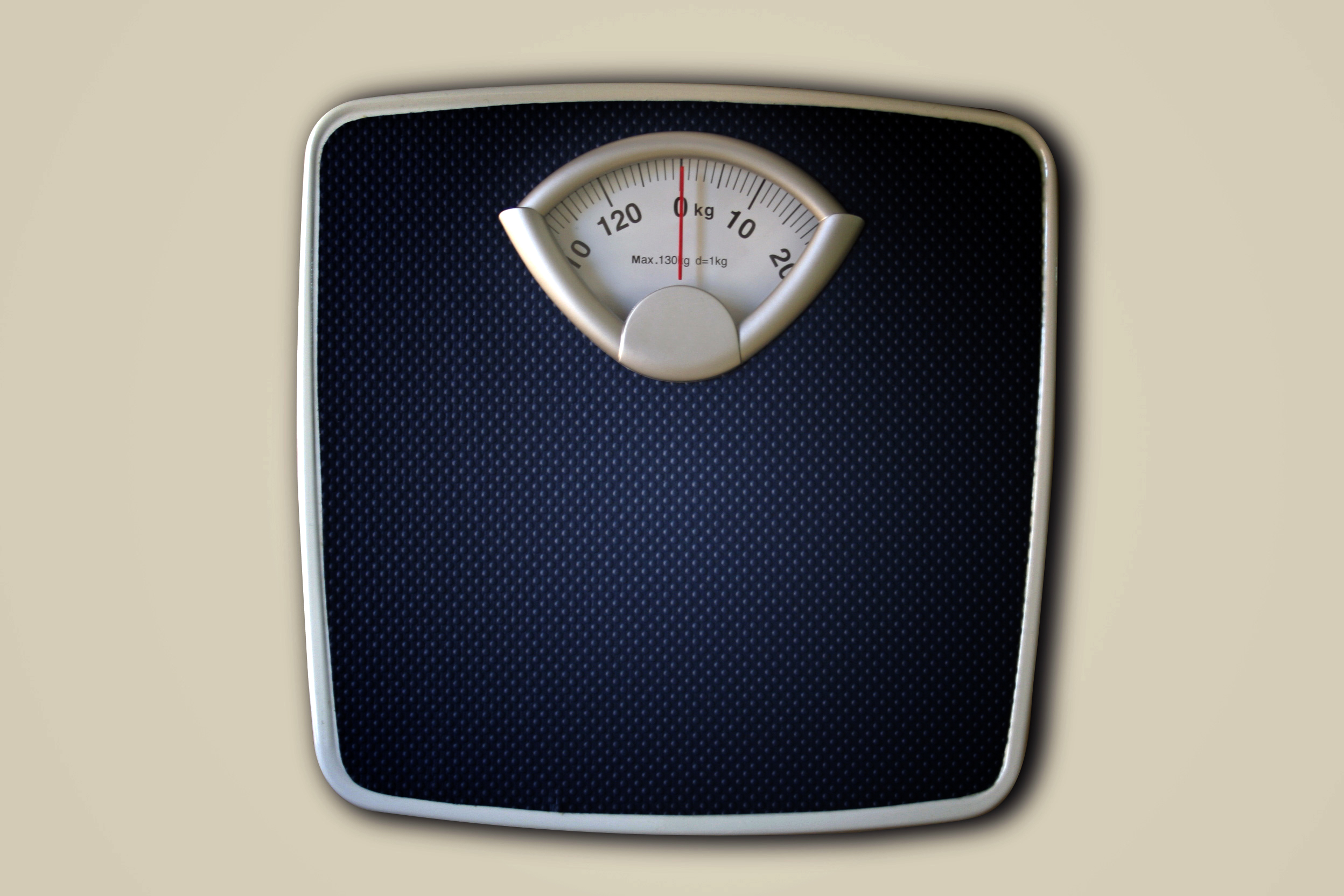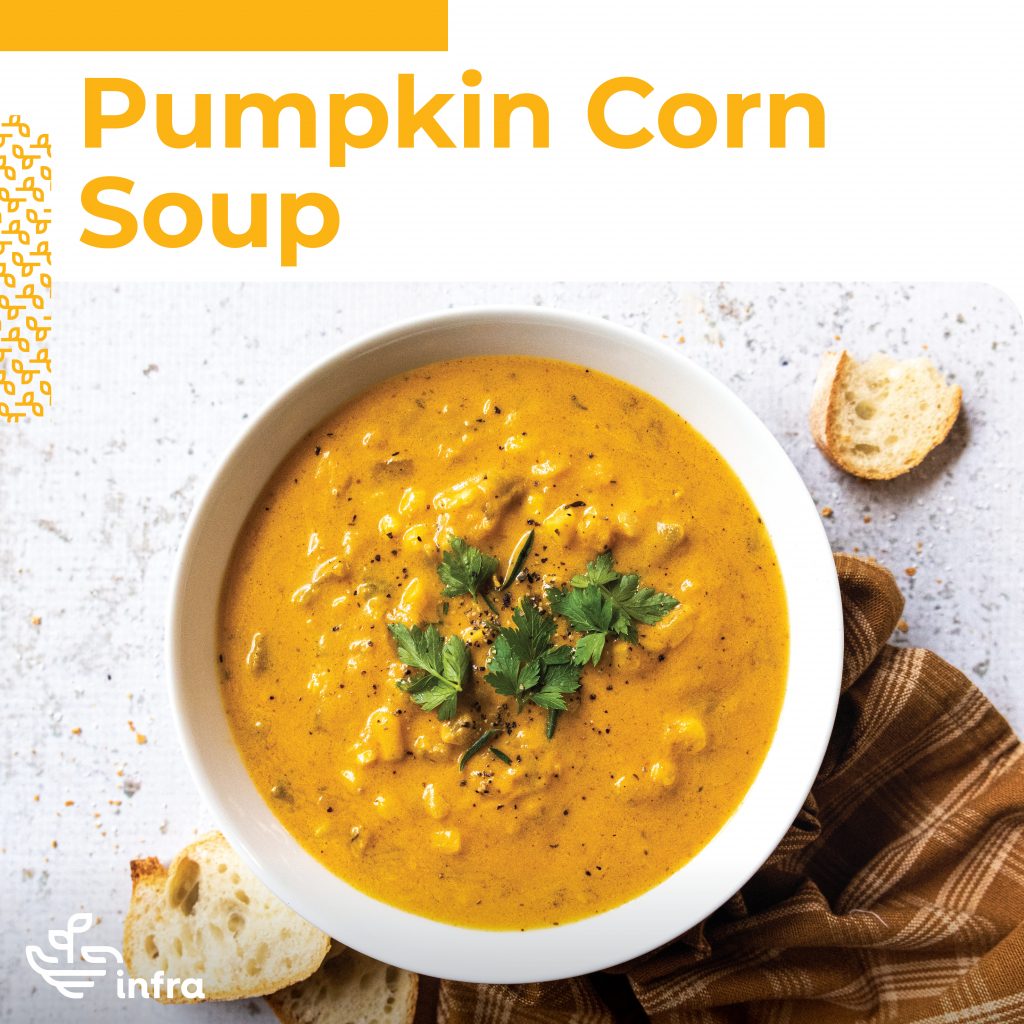
In the first study, 25 healthy but slightly overweight participants took 1,000 mg of white bean extract twice per day before meals, or a placebo, for four weeks. Participants simultaneously followed a program to lose weight including diet, exercise, and behavior counseling. After four weeks, those who had taken white bean extract has lost 6 pounds and 2.2 inches in waist size, compared to 4.7 pounds and 2.1 inches for placebo. While the results were significant, differences in the results between the placebo and white bean groups were not.
Researchers then analyzed the 33% who consumed the most carbohydrates in both groups and found that the white bean group had lost 8.7 pounds and 3.3 inches in waist, compared to 1.7 pounds and 1.3 inches for placebo, which was a significant difference.
In the second study, 60 slightly overweight volunteers, whose weight had been stable for at least the last six months, ate 2,000 calorie to 2,200 calorie diet per day, and took one white bean extract tablet per day before a main meal rich in carbohydrates, or a placebo, for 30 days. Researchers took several weight and fat measures at the beginning and end of the study. After 30 days, compared to placebo, those in the white bean extract group has lost significantly more body weight, body fat, body-mass index, thickness of the fat mass, and size around the waist, hip, and thigh, while maintaining lean muscle mass. The researchers believe that white bean extract keeps the body from absorbing complex carbohydrates, and allows some of these energy-dense foods to pass through the system undigested, reducing calories. Doctors also believe that allowing calories to absorb more slowly through the digestive tract improves the insulin system and reduce the amount of fat that accumulates in the body.
Reference: Alternative Therapies in Health and Medicine; 2007; Vol. 13, No. 4, 32-7.
This article shared for informational purposes only and should not be considered a substitute for professional medical advice.


